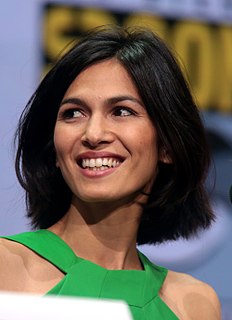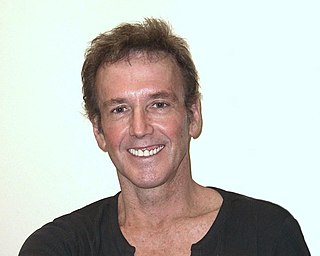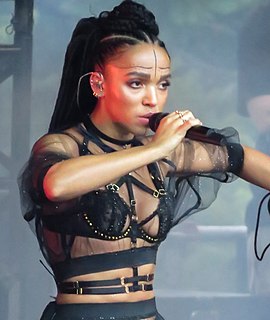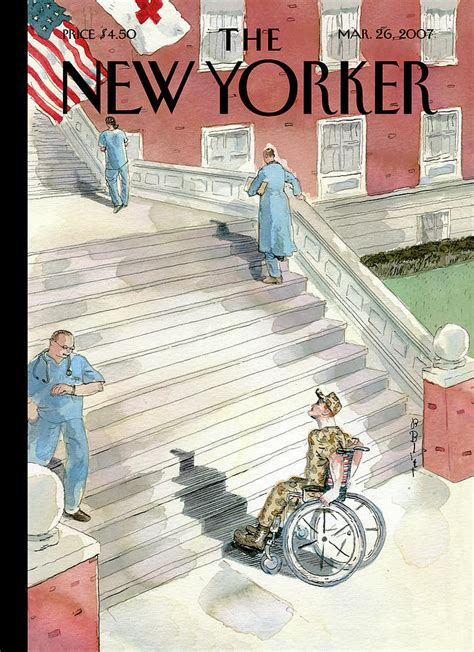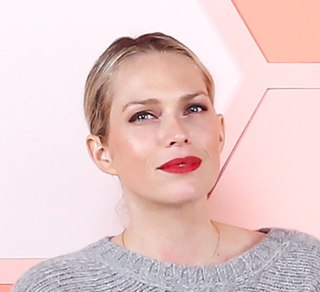A Quote by Elodie Yung
I didn't want to make a caricature version of Elektra.
Quote Topics
Related Quotes
I don't have a philosophy of caricature. I'm not even sure I am a caricaturist, in the strictest sense of the word - I don't really exaggerate much. For a while, recently, I was thinking of attempting a reverse-caricature of Donald Trump; he certainly already appears to be a caricature of himself. I wondered about de-caricaturizing him, scaling back his whole face and hair and visual excess, and attempting to shed light on him that way.
It's the time to make choices you can be proud of. It's the time to be the best version of yourself and in the process, somewhere along the way hopefully you attract the best version someone else has to offer. The more you challenge yourself, the higher your expectations become for your life and the people you want to have in it.
A good story isn't the one that shuts everyone down and sort of leaves them in silent awe. A good story is one that, even before you finish the anecdote, you can see their eyes shining because it has so resonated with something from their own lives that everyone in the group has a version of the same story and they cannot wait to tell it, and that they're going to compete to make their version even more extreme than your version. So your version is just a seed.
